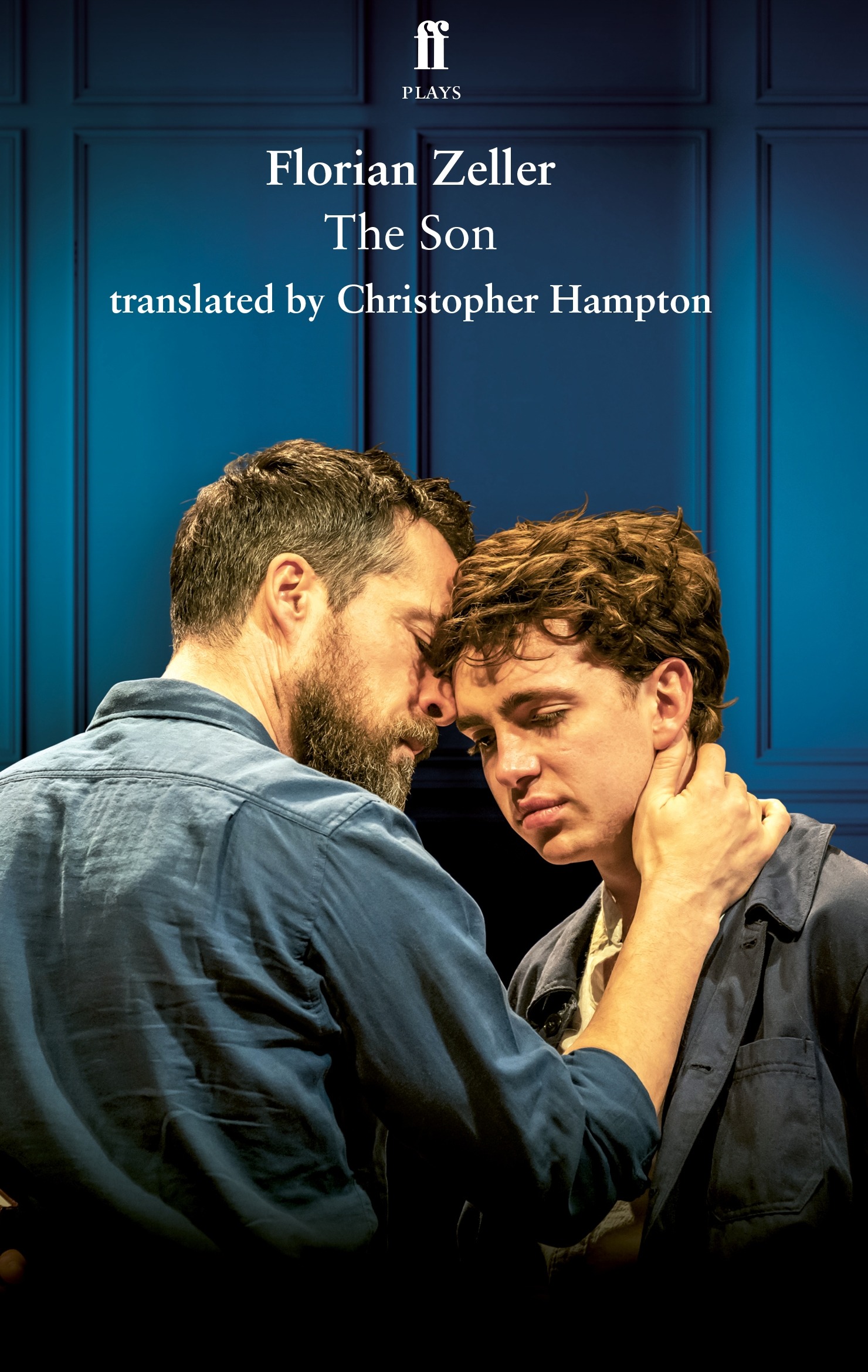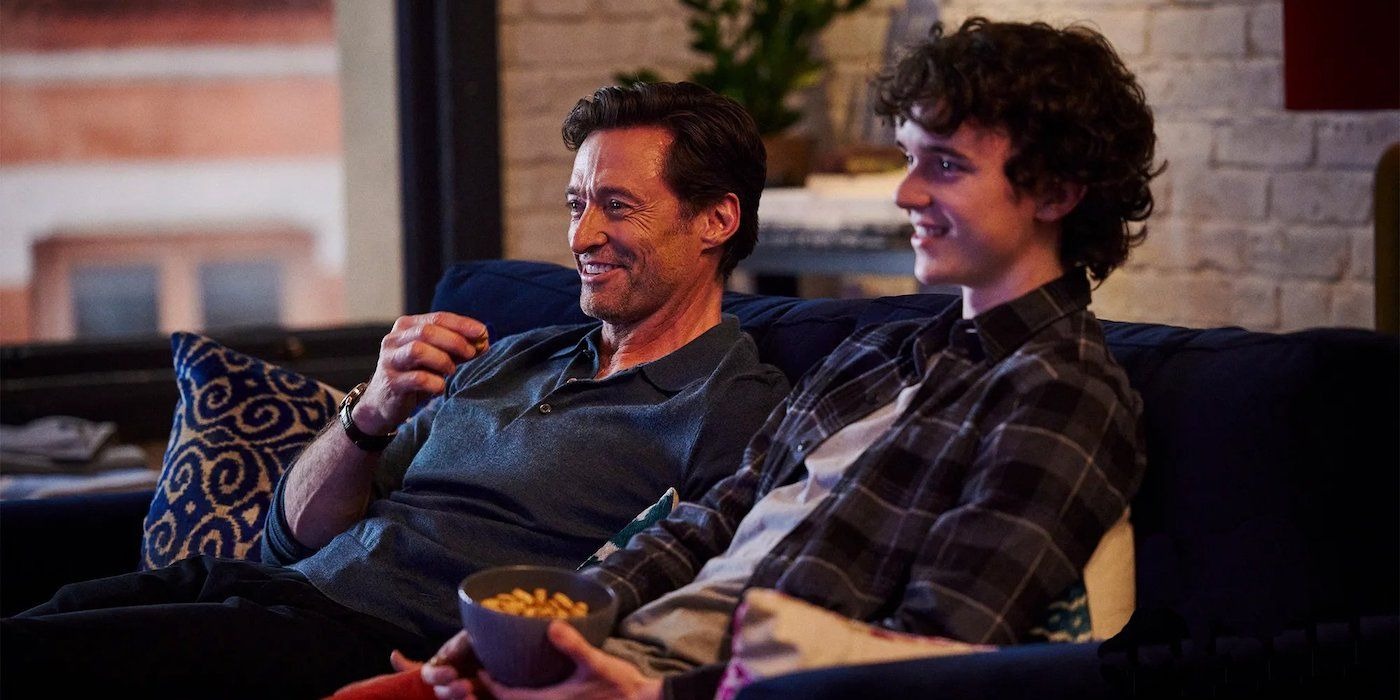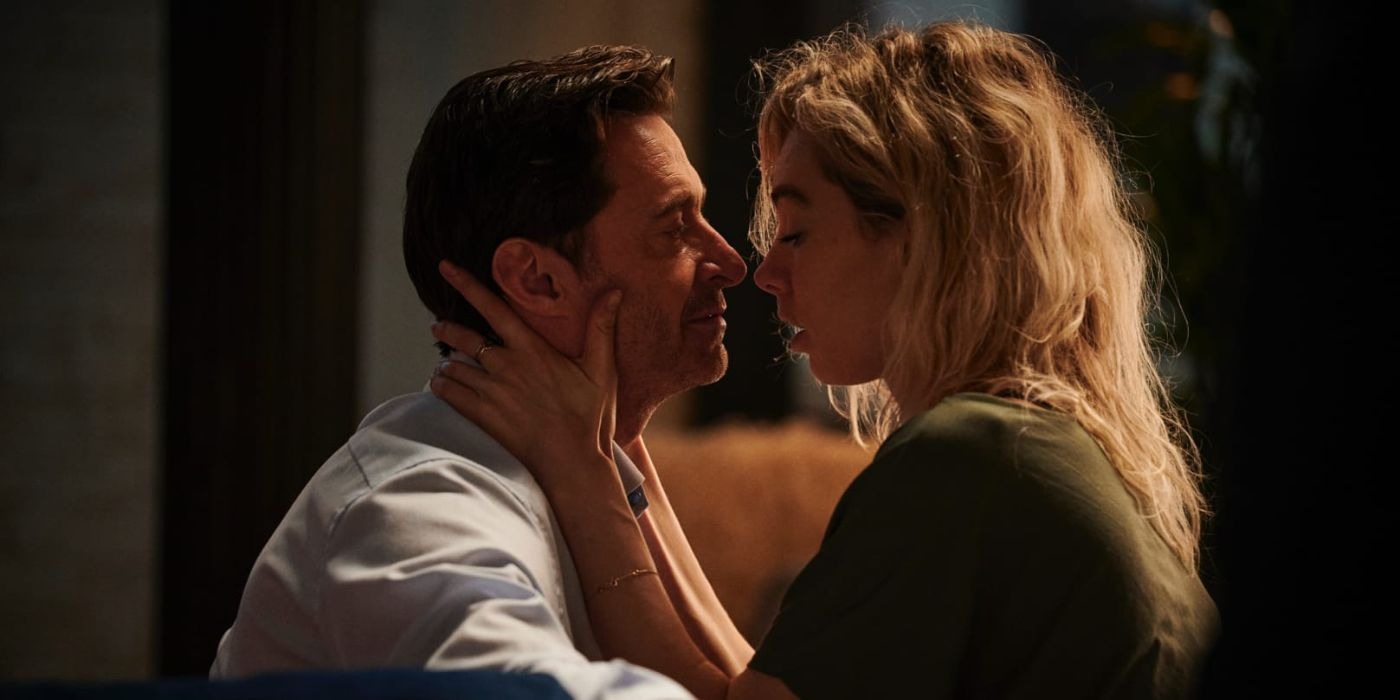Following the tremendous critical acclaim of The Father, there was considerable excitement among film enthusiasts for what playwright-turned-writer/director Florian Zeller would create next.
Zeller effectively sidestepped the common pitfalls faced by playwrights adapting their own works for the screen in The Father, utilizing innovative techniques in perspective and skillfully reworking his material to create a cohesive narrative. This effort earned him an Academy Award for Best Adapted Screenplay.

His new film, The Son, which is also derived from one of his plays, delves into serious health challenges with a personal touch. Hugh Jackman’s performance has been highlighted as a strong contender for this year’s Best Actor award; should he win, he would join the ranks of the rare “EGOTs” in the entertainment industry.
However, reviews for The Son have been quite mixed since its premiere at the Venice International Film Festival in September, with some critics expressing concerns about Zeller’s approach to depicting depression in the film’s concluding scenes.
Plot Overview of ‘The Son’
The Son centers on Peter Miller (Jackman), a successful political consultant who has recently moved into a luxurious apartment with his new partner, Beth (Vanessa Kirby), and their infant son.
While enjoying professional success, Peter receives alarming news from his ex-wife, Kate (Laura Dern), about their 17-year-old son, Nicholas (Zen McGrath), who has stopped attending school and has left his mother in defiance.
Despite having just secured his dream job in Washington D.C. and managing a newborn, Peter resolves to take Nicholas in to provide the support he clearly needs.
Similar to The Father, The Son concludes with a polarizing ending that might elicit strong reactions from audiences; some may find it emotionally impactful, while others might perceive it as manipulative or disrespectful. Here is an explanation of how The Son concludes.
Peter’s Relationship with Nicholas
Peter’s attempts to connect with Nicholas reveal a gap in their understanding of one another, as Nicholas is reluctant to share his feelings. Despite Peter’s commitment to his family and career, his busy schedule prevents him from fully engaging with Nicholas.
This conflict creates tension in his relationship with Beth, who feels uncomfortable around Nicholas and frustrated when Peter cancels social plans to bond with him.
As Peter becomes more aware of Nicholas’s struggles with depression and his history of self-harm, the difficulties in their relationship escalate.

Many of Peter’s bonding efforts highlight his ineptitude in parenting a teenager; for example, after trying to teach Nicholas to dance, he quickly shifts his focus back to Beth, leaving Nicholas feeling ignored.
Tensions between Beth and Nicholas also surface when he overhears her expressing her concerns about him caring for their infant.
Anthony Hopkins’ Role in ‘The Son’
Sir Anthony Hopkins, who won his second Academy Award for Best Actor for The Father, was also cast by Zeller for this follow-up project. He portrays Peter’s father, Anthony, who struggles with dementia and is now retired.
Due to thematic similarities, some theater critics have suggested that The Son serves as a prequel to The Father, as both plays were originally conceived as part of a spiritual trilogy that also includes 2015’s The Mother.
Subtle hints imply that Hopkins is reprising the same character, and that The Son occurs before Anthony’s dementia worsens in The Father.
Early in the film, Peter briefly discusses his father’s mental state with a coworker, indicating their strained relationship. During a visit, Peter and Anthony argue about their flawed parenting styles; Anthony’s neglectful approach in Peter’s childhood has left Peter ill-equipped for fatherhood. This confrontation ends poorly, with Peter storming out after a heated exchange.
Nicholas’s Struggle with Depression
Peter realizes that Nicholas has not been attending school as promised; instead, he has been taking long solitary walks in the park. A tense argument erupts, during which Peter accuses Nicholas of laziness, and Nicholas retaliates by calling Peter an irresponsible father.
In a climactic moment of despair, Nicholas attempts to take his own life and is rushed to the hospital. A stern medical professional informs Peter that Nicholas must remain under professional care due to the risk of further attempts. Despite Nicholas’s violent reaction to the idea of being confined in a treatment facility, Peter and Beth prioritize his safety.
Later, Peter and Beth decide to bring Nicholas home, believing he will thrive in a supportive environment. Initially, Nicholas seems more optimistic and engages positively with the family.
However, after they settle back into their apartment, a sudden gunshot is heard, leaving his fate ambiguous as the film transitions to a scene set several years later.
Imagined Reunion or Harsh Reality?
Peter continues to reside in the same apartment when Nicholas unexpectedly visits, having relocated from New York City to Toronto. Nicholas appears to be thriving, sharing a pleasant conversation and mentioning a romantic relationship.
He surprises Peter with a book he has written, detailing his journey through depression and how his father helped him heal. Peter feels immense joy, especially since Nicholas dedicates the book to him.
However, the next moment suggests that Peter is envisioning this ideal scenario, implying that Nicholas is deceased. The final scenes feature flashbacks to a cherished memory of teaching Nicholas to swim during a family vacation, abruptly interrupted by Beth, leaving the audience questioning the nature of Peter’s reality.



